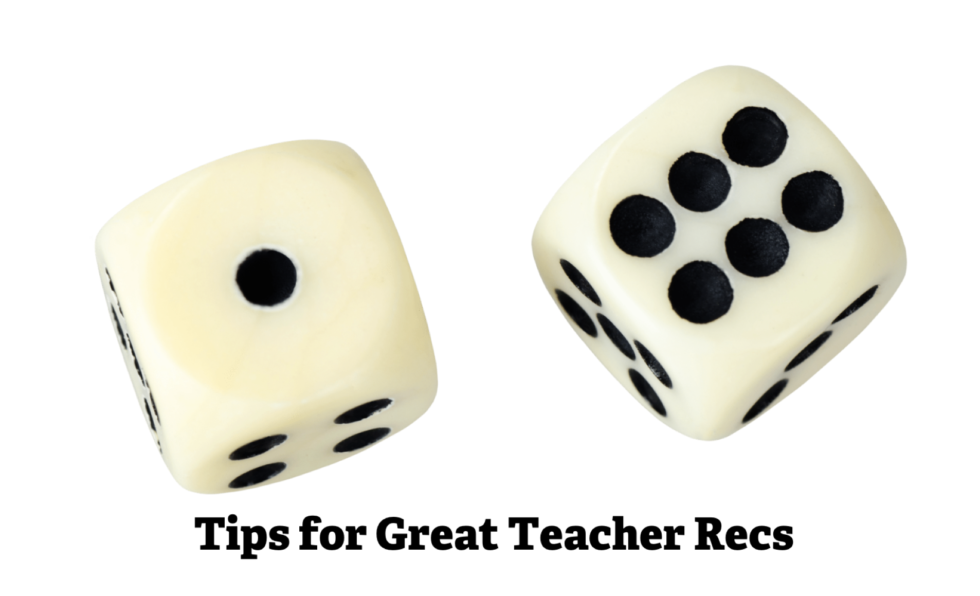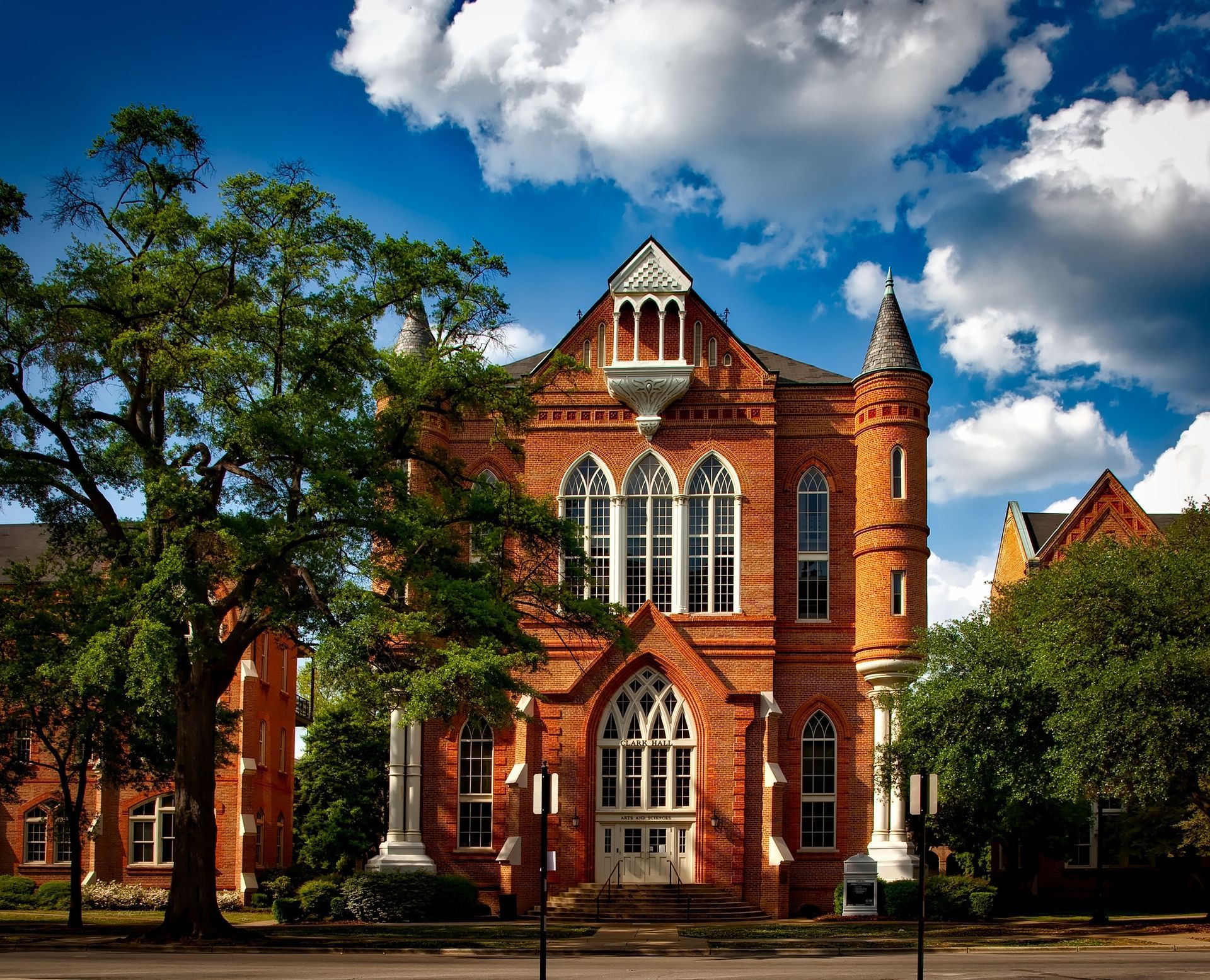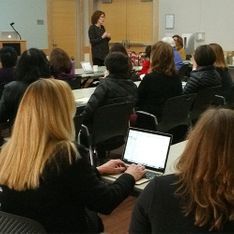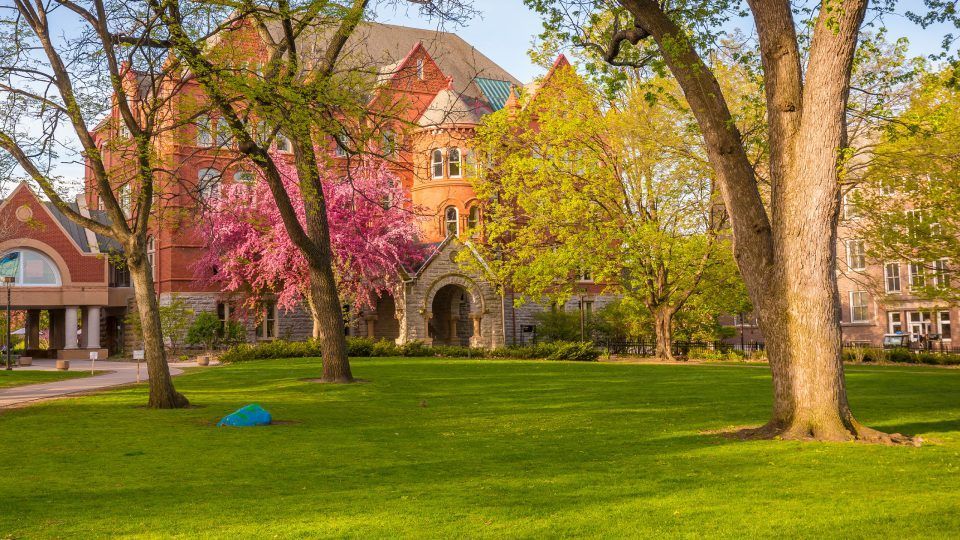High School College Counselors in Transition to Private Practice

As a college counselor, you know that the transition from high school to higher education can be a stressful and overwhelming process for students and their families. With so much at stake, it's no wonder that more and more families are turning to independent educational consultants (IECs) for help. But what exactly is an IEC, and how do they differ from traditional high school counselors?
According to the National Association for College Admissions Counseling (NACAC), just 7% of their 15,000 members are IECs, while 35% are high school-based college and career advisors. This discrepancy highlights the significant service gap that exists in the college counseling industry. While the average high school counselor spends only 19-20% of their total student time on college readiness activities, the counseling staff at private schools spends an average of 31% of their time on college counseling. Many occupations are short on staff but college and career guidance has been continuously been short staffed and underfunded. Many schools had chosen to spend the budget on mental health needs instead. This is where IECs come in - to fill the void and provide much-needed education services to students and their families.
IEC Advocacy Groups
To further understand the role of IECs in the college counseling industry, it's important to look at advocacy groups like the Higher Educational Consultants Association (HECA) and the Independent Educational Consultants Association (IECA).
HECA was founded in 1997 as a non-profit organization exclusively for IECs who facilitate students throughout the higher education admissions process. Their focus is on helping students pursue careers that align with their strengths and visions, with services that include selection, preparation, and application to institutions of higher education. While the majority of HECA members work with college-bound students, there has been a recent rise in high school private-day and boarding school placement counselors who focus on admissions to selective high schools. Unlike IECA, the HECA club is an all-volunteer professional collective, serving through a consensus-driven board of directors, with a rotating elected president.
IECA, on the other hand, is a non-profit that was established in 1976 and currently has around 1500 registered members. This body operates as a practitioners' consensus driver, self-policing agency, colleague knowledge bank, and professional networking association. Members include a spectrum of niche educational consulting specialties in addition to traditional high school college readiness counselors. This collective includes therapeutic educational therapists, selective high school admissions advisors, and an increasing number of in-school academic counselors who are also practicing independently.
Closing Thoughts
As the college counseling industry continues to evolve, it's clear that the role of IECs will continue to grow. While traditional high school counselors play an important role in preparing students for college, the services provided by IECs are often more comprehensive and specialized, allowing for a more individualized approach to college planning. By joining advocacy groups like HECA and IECA, IECs can stay up-to-date on industry trends and best practices, ensuring that they are providing the highest quality education services to their clients.
In conclusion, if you're a college counselor thinking about a transition or just trying to serve more students with less resources, it may be worth considering the benefits of working with an IEC in collaboration. Students who can find guidance will take it so the idea of discouraging students from seeking external counselors doesn't ring true to the students anyway. Having a hand in who your students choose to work with would allow you maintain a hand in the process and build a professionally collaborative relationship that will serve you for years to come. By collaborating with these independent practitioners, you can instruct them on the high school policies to ensure that they can assist in upholding timelines.
Partnerships make easy work of the hardest tasks.
Finally, there are parts to each of these roles that overlap and do not. Gracious professionalism is the act of sharing occupational skills with a colleague. A partnership would make your potential transition to independent practice that much easier with a colleague by your side.
Written by:
Margaret Rothe, Campus Life & Student Affairs Professional, MA Higher Education, Student Affairs, owner of HigherGrounding, a college consulting agency






